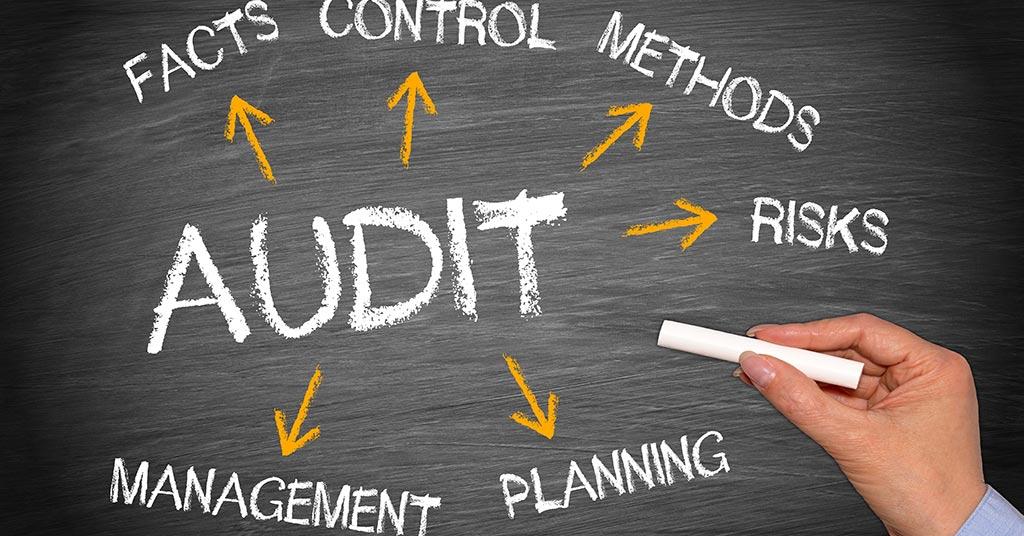
Many companies are starting to see the value in investing in auditing software, especially when it comes to streamlining the auditing process. There is far more to successful audits than simply getting the right software however. First, there is the challenge of training employees who show a good skill set to act as internal auditors. Then there are the tools that help the process along, and even the approach that auditors need to take to make the process as stress-free as possible.
How to Get the Most From Quality Audits
Improve your internal quality audits with the help of these useful tips…
- Good auditors need strong attention to detail. It is essential that auditors are able to note and document evidence properly in their notes. These notes are often used in later months to analyse and reconstruct events or situations. But being observant does not mean being nit-picky – focusing on tiny, unimportant details can side-track the audit and waste time that could be better spent elsewhere.
- A friendly, non-threatening attitude is also important. Auditors who are aggressive, hostile, angry or difficult are less likely to get feedback than those who are friendly and open. Employees already often feel stressed during audits, and when they feel defensive or ill at ease, the stress can result in less sharing and minimal engagement.
- Checklists should support reporting. Checklists should be clear, concise and supportive of numerical values and ratings that balance reporting. Metrics for benchmarking should also be included for procedures on compliance and conformance gaps. Companies should be able to report on growth as well as challenges across all departments. Reports are essential to assess whether CAPA efforts are working, where training is needed and for measuring quality goals.
- Auditing teams can be very effective. A single auditor has to listen actively while documenting their findings. In this way, auditing teams can prove very successful. If one auditor is responsible for recording and the other for listening, both can collaborate and ensure that no information or response is missed. This method also offers a fresh perspective to assessments as well.
- Auditors should be able to look back to move forward. While looking ahead and considering current situations is of course good, looking back at past audit results is equally important. Past issues should be reviewed to see that they have been corrected and closed, before reassessments are done in the specified area.
With the help of these tips, and of course your auditing software, you will soon find that the process becomes easier and more effective.


